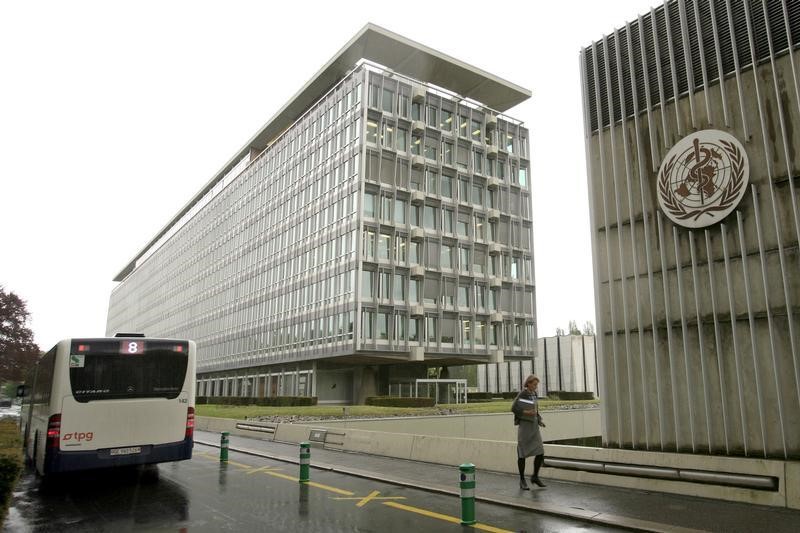By Kate and Kelland,
LONDON, (Reuters) - The World Health Organization needs urgent reform to boost its ability to respond to crises, and failure to act now could cost thousands of lives, according to an advance copy of a high-level U.N. report.
The report, entitled "Protecting Humanity from Future Health Crises", is the latest in a series of reviews by global health experts which have been sharply critical of the WHO's response to the devastating Ebola epidemic in West Africa.
"This may be the last opportunity to ensure the WHO is empowered" to build an effective emergency response capacity, warned an advance, unedited copy of the report by a U.N. panel, made available online over the weekend in a link on the United Nations' daily Journal website.
"The high risk of major health crises is widely underestimated and ... the world's preparedness and capacity to respond is woefully insufficient," said the panel, convened in the wake of the Ebola crisis.
"If the WHO does not successfully reform, the next major pandemic will cause thousands of otherwise preventable deaths."
With all eyes now focused on the response to the mosquito-borne Zika virus, which has been reported in 33 countries with a possible but not proven link to birth defects, the WHO finds itself under even greater scrutiny.
WHO chiefs have previously promised to act swiftly on reforming the agency's emergency responses.
A WHO spokeswoman in Geneva told Reuters the organization "is fully committed to urgently reforming our emergency work to address all emergency health risks and events in a predictable, capable, dependable, flexible and accountable manner".
She referred specifically to the description of global preparedness as woefully insufficient, saying previous reports had drawn the same conclusion and the "WHO acknowledges this".
The spokeswoman added that the Zika virus outbreak spreading from Brazil has "catalysed immediate action" within the WHO to work together as one organization.
It was not immediately clear when the U.N. panel's final report would be published.
EMERGENCY CENTRE
The Ebola outbreak, which began in Guinea and spread from there to infect thousands across Liberia and Sierra Leone, killed more than 11,300 people.
The U.N. panel's key recommendation was for the WHO to build a new Centre for Emergency Preparedness and Response, which "must have real command and control capability, access to specialised human and operational resources to execute a health response".
It also said all countries must meet the full obligations of international health regulations which, among other things, set rules on how and when to report disease outbreaks.
Jeremy Farrar, director of the Wellcome Trust global health charity, agreed with the panel's recommendation for the creation of a new centre, which he said must be "strong and independent".
"Epidemic and pandemic diseases are among the greatest of all threats to human health and security, against which we have for too long done too little to prepare," he said.
"After four inquiries into the preventable tragedy of Ebola, there is now a strong consensus about what must be done. The WHO’s leadership and member states must make 2016 the year of decision and act now."
The U.N. panel said it was "convinced that there is no substitute for having a single global health leader" and that "the World Health Organization should become this leader".
But failure by the WHO to reform, it said, "may necessitate consideration of alternate U.N. institutional response mechanisms".
It added that too often, "global panic about epidemics has been followed by complacency and inaction". It cited as an example a review of global preparedness drawn up after the 2009 H1N1 flu pandemic, whose recommendations were mostly not addressed.

"Had they been implemented, thousands of lives could have been saved in West Africa," it said, referring to Ebola.